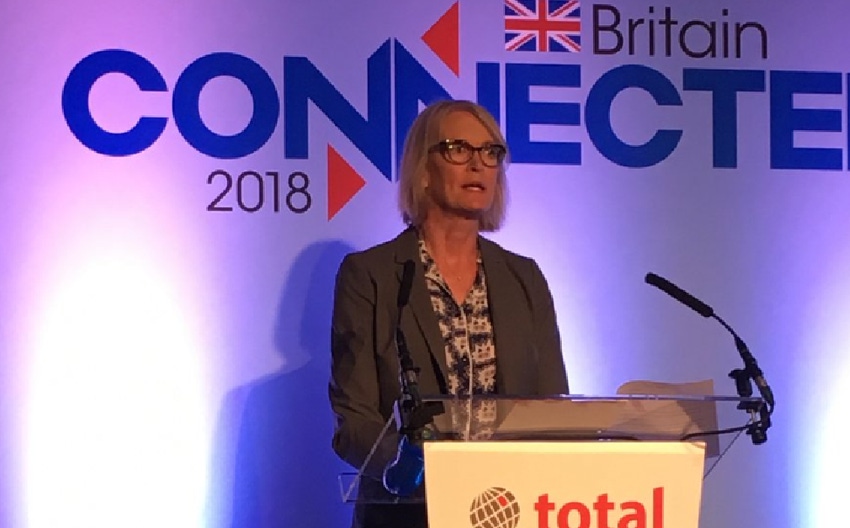It is always better to be a leader than a chaser, but sometimes you play the hand dealt. The UK is playing catch-up, but what is the right way forward; regionalised monopolies or bitter battle for the consumer?
June 19, 2018

It is always better to be a leader than a chaser, but sometimes you play the hand dealt. The UK is playing catch-up, but what is the right way forward; regionalised monopolies or bitter battle for the consumer?
This is a question which was addressed by Minister for Digital and Creative Services Margot James at the Connected Britain event this morning, and is currently being investigated by those running the Future Telecoms Infrastructure Review. The idea is to strike a balance between the two, but that is much easier said than done. Sitting on the fence, appeasing all contributors, is never a healthy situation.
As you can imagine, there are pros and cons for both sides. On the monopolistic side of things, the telco would be confident of capturing customers and therefore generating ROI. The rollout would be notably faster due to the guarantee of customers, either through direct-to-consumer services or wholesale, but then there is a risk of another Openreach saga being reached.
Looking at all-out-competition, the consumer wins as there would be a heated battle on price and performance to capture revenues, but deployment will be much slower. Telcos would have to spread investment further over different regions, while also not having the same level of confidence in securing revenues.
There are of course other options, collaborative investments in networks is one which springs to mind, though we are not entirely confident in the telcos ability to place nice with each other. The Future Telecoms Infrastructure Review will provide more insight, but the government is staying suitably tight lipped there.
“We are a matter of weeks away from delivering the review, I have the unenviable task of telling you the government’s view without telling you the government’s view,” said Raj Kalia, CEO of BDUK, the government department responsible for overseeing the deployment of future-proofed infrastructure.
While there was very little of substance said at the conference, pertaining to the review that is, we got the impression the government will be leaning more towards the network sharing model. This will be the telecoms version of herding cats, but perhaps is one of the most sensible. Investment risk for the telcos is reduced, while there is still the opportunity to monetize. Depending on how the government intends to ‘stimulate’ deployment, there might still be an element of regionalised monopolies, but with multiple telcos contributing to the rollout, risk is reduced for the consumer on the other side of the coin.
One comment was directed towards the UK’s fantastic ability to conduct investigations and reviews, as a substitution for genuine action, but all eyes will be directed towards the Department of Digital, Culture, Media and Sport, as well as the much lauded Future Telecoms Infrastructure Review over the next couple of weeks.
About the Author(s)
You May Also Like








.png?width=300&auto=webp&quality=80&disable=upscale)


_1.jpg?width=300&auto=webp&quality=80&disable=upscale)


.png?width=800&auto=webp&quality=80&disable=upscale)